A few weeks after entering the novitiate, the novice master assigned to each of us novices of the first year a community service to be carried out throughout the year. Among the charges to be conferred there was also that of looking after the chickens. Father Agostino didn’t take long to sense my lack of propensity for manual work and so he baptized me with the responsibility for the henhouse. In the initial period of Jesuit formation, it is common practice for novices to engage in experiences contrary to their personal tendencies and tastes. And this not out of masochism but to discover unknown talents and abilities.
You must know that, before my entry into the novitiate of the Society, I studied philosophy, graduating with a thesis in metaphysics. I have more than just a suspicion that the novice master entrusted me with this task to bring me back to earth from the platonic world of ideas in which I often hide myself. On receiving my new role, I didn’t exactly jump for joy. However, even after a few days of tête-à-tête with these feathered friends, I discovered the gratification that can derive from manual work. But the pleasure of a humble and ordinary service however was not the happiest surprise. I discovered, with some wonder, that work in contact with nature can be the source of different moral and spiritual teachings. The anecdote below should convince you of what I tell you.
One of my daily tasks is to give the hens the food waste of the kitchen. As soon as they see me approaching the henhouse with the bucket overflowing with “delicious foods”, they begin to shove each other to take a place in the front row at the food trough. At the same instant when I pour food into the container, the battle becomes even more fierce and they begin to fight for the best pieces to the sound of pecking. The total nonsense of this daily drama appears clear at the next morning’s visit in which I punctually observe that food has been leftover. At the beginning, being a victim of the collective imagination and of the easy irony with which hens are accused of poor intelligence, I did not care much about what happened. One day I began to reflect on the fact that we human beings do not behave so differently. Even we humans do not think twice about creating conflicts of all kinds to grab the best part of the gifts that the Father has abundantly poured onto this earth. They are more than enough for the sustenance of all but, because of our selfishness, someone always remains deprived of the necessary. In addition, we insist on painting neo-Malthusian scenarios knowing full well that the shortage of goods, which some of us endure, is not due to a natural scarcity but is the result of the voracity of many.
The chicken coop continues to be for me, after more than five months, a treasure chest from which to draw small spiritual treasures, an aid to “seek and find God in all things”.
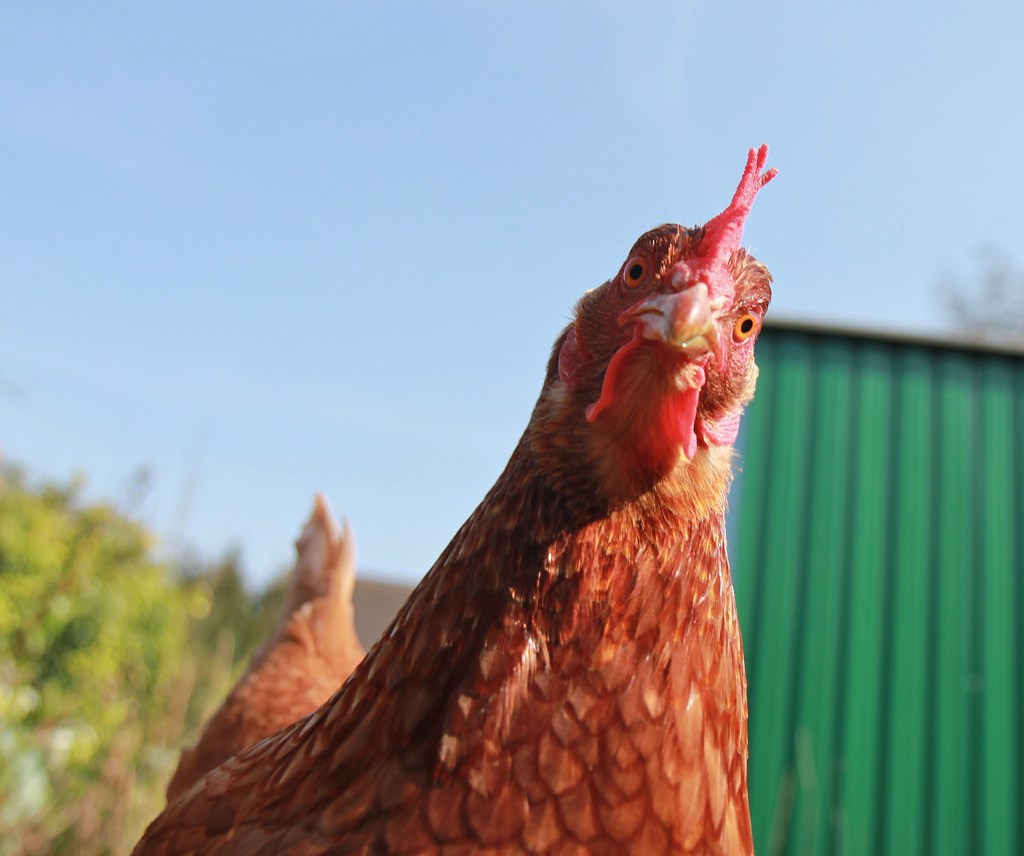



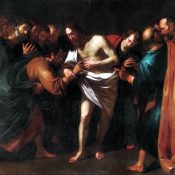




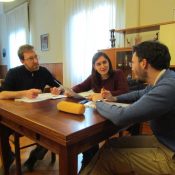
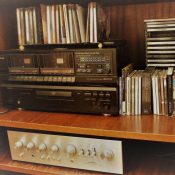


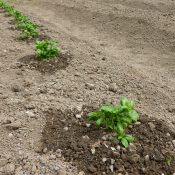

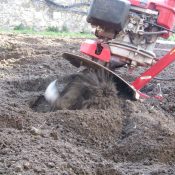
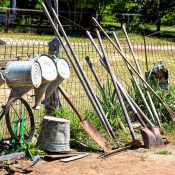






Comments